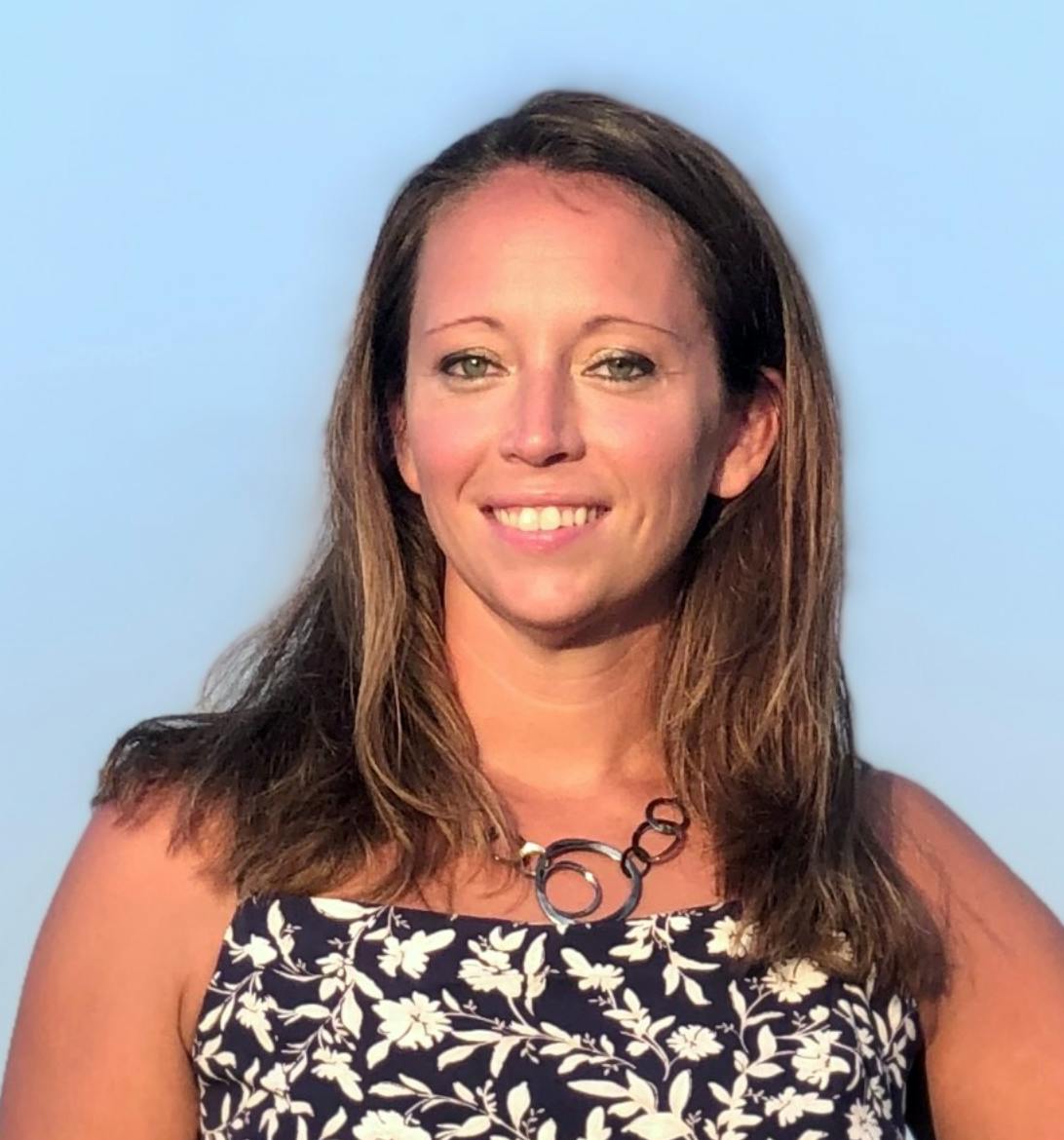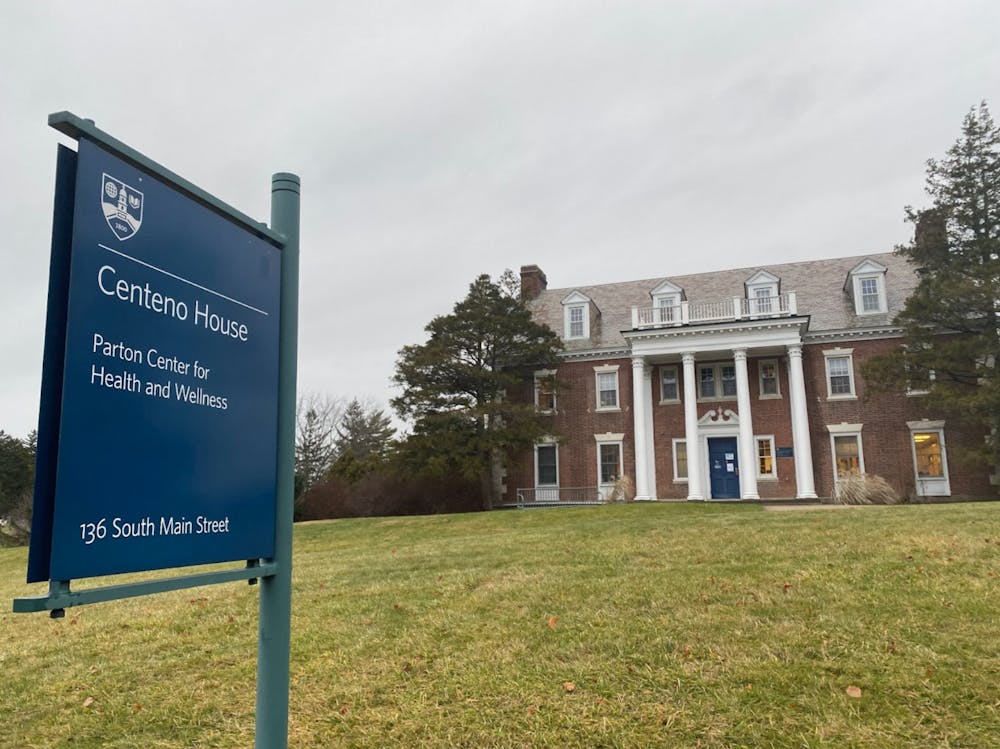Tammy Austin began her role as the new director of counseling at Middlebury College on Monday, Nov. 28, filling the position left vacant by former director Alberto Soto, who resigned in August.
A licensed marriage and family therapist with more than 19 years of experience in the field of community mental health, Austin came to the college after serving as the director of child and family services at the Clara Martin Center in Randolph, Vt., working with newborns to 26-year-olds who struggle with mental health and substance abuse issues. Currently, she serves as the chair of the Vermont Board of Allied Mental Health.
“I have been interested in counseling at the college level since I myself was in undergraduate school as a Peer Mentor, supporting classmates in accessing the services,” Austin wrote in an email to The Campus. “Young adulthood is a pivotal time in an individual’s life. To be able to provide the services and support necessary to help them be successful is extremely important.”
In her role, Austin will oversee the counseling department, one of the five offices within the Center for Health and Wellness, where she will work to strengthen communication between counseling and the other offices in the center and the student body.
“It will be my responsibility to ensure that access to services is available, consult with campus partners on mental health situations, and participate as a member of the Center for Health and Wellness leadership team,” Austin wrote.
Austin arrives at a campus where many students report struggling with mental health. In response to The Campus’ 2022 Zeitgeist survey, one student wrote, “Middlebury destroyed my mental health.” Another wrote they had “never experienced mental health issues until Midd.”
Some have even described the fast-paced and evaluative nature of the college as antithetical to wellness.
In an op-ed published in 2019, Arthur Martins ’22.5 wrote, “While struggles like mine can appear individual and inconsequential, they are deeply rooted in our collective ideas of what constitutes a normal college experience.”
Recently, additional op-eds published in The Campus have directed criticism toward the college’s mental health programing, specifically noting the lack of counselors of color and repeatedly calling for increased representation.
“As a woman of color, I understand the frustration, discomfort and suspicion that may arise due to not being able to find a counselor that does not hold a shared identity,” said Selena Valladares Ortiz ’23, a mental health peer educator.
Throughout his tenure as Director of Counseling, which spanned less than a year, Soto seemed to understand this frustration as well, emphasizing the compounding effects of systemic oppression on the mental health of individuals forced to bear its burdens.
“The body and mind cannot be healed solely by self-care and focusing on surviving. At some point we must address and identify the source of all our psychic suffering, which is whiteness, heteronormativity, patriarchal systems, etc.,” said Soto in an interview with The Campus in September 2021. In response to these comments, Soto faced backlash from multiple right-wing news sources and websites.
“I think given Covid-19, given the conversation around race and police brutality, given the conversation around class, our students today in the 21st century are dealing with amazingly painful issues. There’s a lot of trauma that our students are experiencing,” said Vice President of Student Affairs Smita Ruzicka, who supports and oversees the Center for Health and Wellness and worked as a mental health counselor before her career at Middlebury.
According to data from the 2022 Zeitgeist survey, students of color across all races answered “no” to the question “Are you happy?” more often than their white peers. Additional data showed that a higher proportion of students of every race other than white had used counseling services at some point during their time at the college. However, despite the additional barriers to mental health and well-being that can arise while navigating a predominantly white institution (PWI) as a student of color, the only available counseling support for students of color comes from a nearly all-white on-campus counseling staff.
“As a counselor of color, there’s not many of us,” Ruzicka said. “And then I think we continue to have a challenge of recruiting folks of color, especially to a state like Vermont. We have been thinking about what compensation and benefits look like, [and if there] are ways we can sort of make that more attractive.”
Ruzicka noted that efforts to recruit counselors of color are ongoing.
“We have been very strategic about sending job listings to specific list-serves like Black Psychologists, Asian-American Psychologists, [and] The Black Social Work Association,” Ruzicka said.
“Additionally, one of the reasons we got TimelyCare is not just the availability of Telehealth for students,” Ruzicka said. “We knew that we could get a variety of folks who might be representative of our students’ diversity.”
TimelyCare provides 24/7 access to healthcare and counseling at no additional cost to students.
In response to questions surrounding student calls for a more diverse counseling staff, Austin wrote, “As with any and all concerns on campus, my hope is to learn more about the challenges and explore opportunities that arise with these challenges with an aim to best support the college community. I want students to know that their voice is being heard, and we truly are committed to hiring the right candidates for our community who bring their identities, experiences and clinical expertise.”
According to Barbara McCall, associate vice president for student health and well-being, the Health and Wellness Department has been working to respond to student concerns, partnering with student organizations such as the Student Government Association (SGA) Mental Health Committee, MiddSafe, Sex Positive Education for College Students (SPECS) and the Mental Health Peer Educators (MHPE).
This fall, the Center for Health and Wellness also began offering Let’s Talk, a resource through which students can access informal and confidential 25-minute consultations with a counselor on a first-come first-serve basis. In addition, the center launched the new Integrated Care Office in April 2022, which offers clinical care for students experiencing complex health and wellness needs, coordinating safety oversight, logistics and communication with other parties involved in students’ care in order to increase counselors’ capacity to provide direct service hours to students.
“Tammy and I are committed to responding to student feedback, re-building relationships with the campus community after being remote during the pandemic and re-invigorating counseling’s outreach programming,” McCall wrote in an email to The Campus.
As the new director of counseling, Austin seeks to help continue to bridge the gap between students and the resources that intend to support them.
“With my position coming on board, we have increased our available appointments by over 10% compared to last year,” Austin wrote. “With one more staff counselor position to be hired, we are in a great place for additional capacity.”
“I have seen that the counseling department has made it its goal to become more visible to the student population,” Valladares Ortiz said. “At Middlebury it is important to highlight mental health care because its environment is conducive to heightening factors that negatively impact mental health.”
“We’ve really tried to think about student mental health not in a vacuum, but as part of a holistic goal of student health and well-being,” Ruzicka said.
At a moment when many students are in need of comprehensive support, this effort attempts to make wellness more accessible.
“I am extremely excited to be a part of the Middlebury College community and look forward to meeting as many students, faculty and staff as possible,” Austin wrote. “If you see me out and about, please don’t hesitate to say hello.”

If you’d like to get in touch with Tammy Austin, you can stop by her office at Centeno House or call Counseling Services to schedule a meet and greet appointment. For non-clinical needs, students can reach her at tammya@middlebury.edu.
Olivia Pintair '22.5




